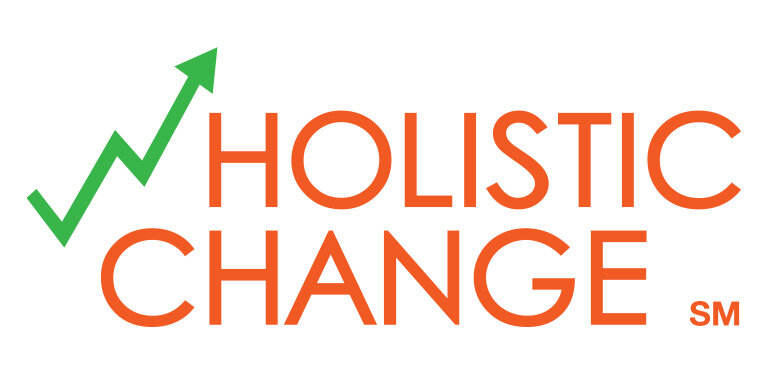The change team is required to think differently than how your company has previously approached problems, and to challenge assumptions that will then get people out of their comfort zone and thinking about ways to tackle the situation they now find themselves in. A great source of ways to get change teams to think creatively is Chic Thompson's What a Great Idea 2.0: Unlocking Your Creativity In Business and In Life.Among the many techniques Chic teaches is thinking in opposites. By thinking about your situation from multiple perspectives, not just what exists today but what does not exist in your current world, you can generate lots of ideas:
- Change positive statements about your <people, process, technology, and services> into negative ones. Theorize what would happen if you did not perform the way you do in your current world. Conversely, what would happen if your future world was not the way you envision it?
- Define what your company is not.
- Figure out what your competitors do not do. What if everybody did / did not provide this product or service?
- Change the direction or location of your perspective. Physically change your location and/or physically change your perspective on the people, process, technology, and services you are observing. Do you see (or not see) anything differently?
- Flip-flop results. What if, instead of going after the target of your project, you purposely did the opposite? What would it take to make that happen?
- Turn defeat into victory; turn victory into defeat. What did your company learn from previous failures? What would you have done if your company had not been successful in its previous endeavors?
- Create oxymorons. Propose contradictory words to describe a truth by listing your company's greatest strengths and its largest shortcomings. Try putting some of the words together to identify those paradoxes about how your company operates today.
- Challenge ingrained assumptions. What assumptions do you have that may be limiting how you tackle problems, especially with regards to your people, process, technology, and services?
- Ask "what would we never do?" Is there a market that you would never go after? A customer to whom you would never sell?...
What I especially love about thinking in opposites is it enables you to identify limits that you did not realize you had, and that don't need to limit you as you embark on your change. Utilizing brainstorming techniques like this one brings to light areas where your team is going to need to focus to garner support from across all of your stakeholders, and will inform the plan you will develop.

